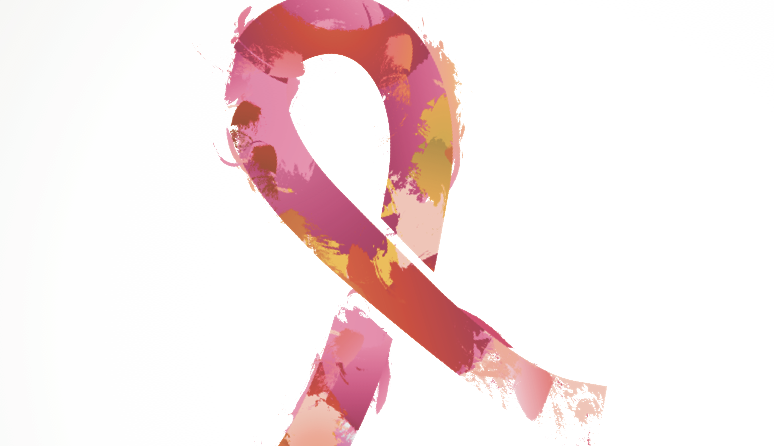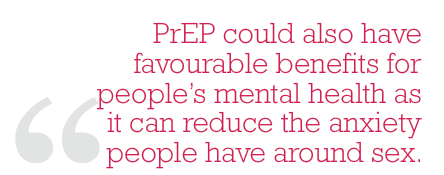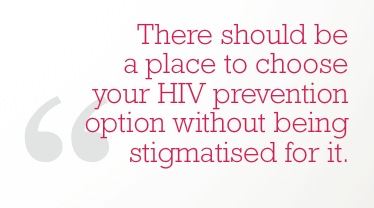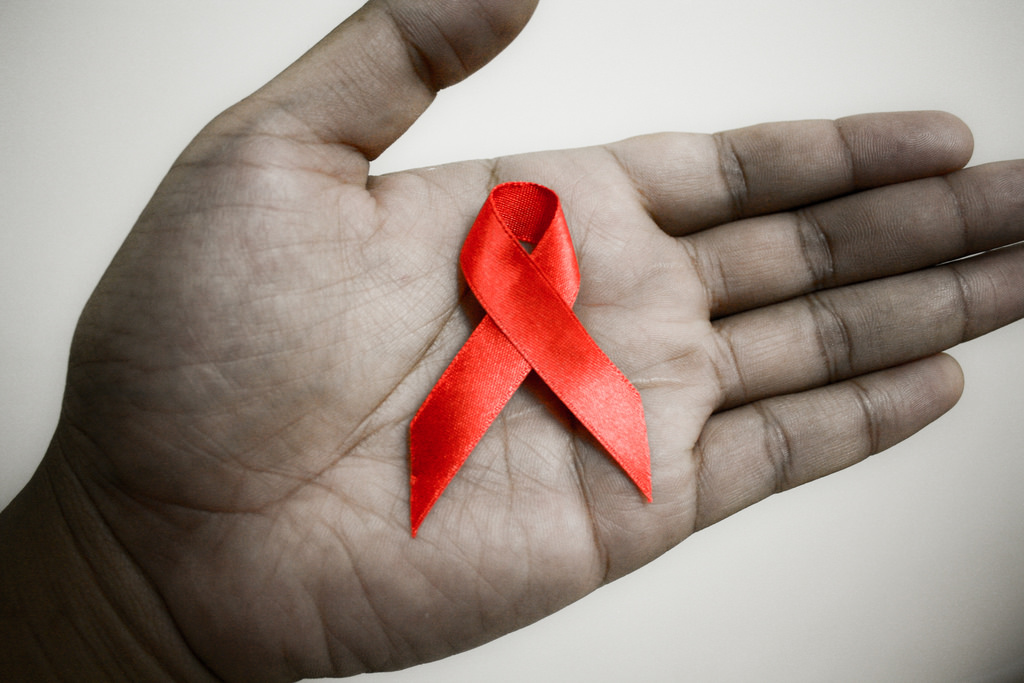
On the path to zero transmissions

AS preparations are finalised for yet another World AIDS Day on December 1, many across the HIV sector are looking ahead to how to successfully tackle the virus 30 years since it first appeared in Australia.
There is a consensus that the key to preventing new transmissions must be a community-driven effort.
[showads ad=MREC] “We’re at an exciting point in the epidemic where we have a chance to turn around new HIV infection rates in Australia,” Australian Federation of AIDS Organisations (AFAO) president Bridget Haire said.
With mounting pressure to make pre-exposure prophylaxis (PrEP) accessible and affordable for gay men, Haire said it was important for the those who are most at risk of acquiring HIV to have a say in how prevention programs are run.
PrEP is a HIV preventative method used by people who are HIV-negative. It requires taking a pill daily to prevent them acquiring HIV. When taken daily, PrEP is effective.
In Australia, PrEP has not yet been approved by the Therapeutic Goods Administration (TGA), which means it is not available at an affordable price through the Pharmaceutical Benefits Scheme (PBS).
“HIV prevention shouldn’t be a political issue,” Haire said.
“The government needs to embrace a community-led approach around the prevention of HIV now.
“We need to be including people and their concerns in our response.
“It’s very much a time to listen now to the community and to refine and optimise (prevention).”
With a government-led target of no new HIV transmissions by 2020, many advocates are trying to create a better understanding of the benefits of PrEP for those at high risk of acquiring HIV.
Firstly, it is not obligatory to go on PrEP. It’s something one chooses to do or not to do.
“There should be a place to choose your HIV prevention option without being stigmatised for it,” Haire said.
However, she said there was a lot of misunderstanding about PrEP and people needed “to understand how effective it is when used properly”.
Access to PrEP must happen equitably and simultaneously across the states, according to the AFAO — a national organisation that provides leadership, coordination and support to Australia’s policy, advocacy and health promotion response to HIV.
PrEP could also have favourable benefits for people’s mental health as it can reduce the anxiety people have around sex.
“In sero-discordant relationships, people can feel much more comfortable and not stress and be anxious about the sex they’re having,” Haire said.
Another key to tackling new HIV infections is reframing the attitude to biomedical prevention.
“Currently when a person accesses PEP (post-exposure prophylaxis) after a risk event he is treated as a person who needs counselling to get back on track,” Haire said.
“As opposed to being congratulated for being a person who is taking responsibility for his health, recognising when he’s had a risk episode and acting on that.
“It needs to not be treated as a failure when a person decides to access biomedical prevention.”
Another unforeseen benefit of PrEP is the bridging of the generational gap of people living with HIV.
“I’m seeing men of all ages who are embracing PrEP,” Haire said.
“There’s great activism, there’s not a great generational divide.”
Along with prevention, addressing the changing needs of people living with HIV is an important issue moving forward — especially for older Australians.
“I think it’s important to recognise there are many people in Australia who have lived through 30 years of HIV, whether that is living with HIV, or remaining negative” Haire said. As well as adapting care and support, there is a need to continue to fight stigma and discrimination in health care, between people with and without HIV, and wherever it appears and acts as a barrier to HIV prevention, testing or care.
Sydney man Ross Duffin witnessed the beginning of the epidemic in the early 1980s and had his own positive diagnosis in the early 1990s.
“I worked in and out of the sector for a long time,” he said.
“I was on the first elected committee of the AIDS council of NSW (now known as ACON).”
Duffin believes there are several main issues that need to be addressed for older people living with HIV which he says are not a priority in the response to the epidemic.
“I had a stroke a few years ago which can happen sometimes for people with long term HIV,” he said.
“And I discovered there were a whole set of issues that resonated for older people.”
One of the main issues for older people is supporting their mental well-being.
Duffin has spent a lot of time reading about the survivor movement in the US and the reluctance to “create a public narrative about the horror story”.
“There is a grief overload from the 80s and 90s,” he said.
“We need to give spaces for people to talk about this stuff.
“How do we reconnect through social networks and promote social contact beyond the health system?”
Housing or the lack of social housing also needs to be addressed for those who don’t own property and cannot afford to work for health reasons.
Finally, Duffin said attending to the physical health needs of those living with long-term HIV must be a priority in the coming years. Some impacts of living with HIV for many years include diabetes, HIV associated dementia, anal carcinoma and cardiovascular health issues.
“Services are overloaded… we need to be advocating for appropriate services,” he said.
He added that preventing HIV was just as important to senior citizens as to younger gay men.
“It’s easy to think people over 60 don’t have sex,” Duffin said.
On an optimistic note, he believes the older generation are well informed about PrEP and what it means to live with HIV.
However, newly-diagnosed Sam*, a Melbourne man in his 20s, believes the younger generation is ignorant about the disease, preventative measures, testing methods and available treatments.
“I was on holiday in Spain when I found out… and an email came from my doctor,” he said.
“I didn’t know anything, I thought I was going to be sick and only live for six months and have marks on my face.”
Sam visited a PRONTO! clinic in Melbourne where the nurse gave him a lot of information and helped to ease some of his anxiety.
He then decided to take on an attitude of resilience and start looking after himself better, by eating healthier and going to the gym more often.
“I’m celebrating my sero conversion because HIV doesn’t mean the end of your life,” Sam said.
“I can live until 60 or 80 and do all these things.”
Through education about HIV and prevention measures, Sam has a message for the government to fast track PrEP onto the PBS.
“We can’t wait two or three years, because that’s 2-3000 people (new infections) in Australia” he said.
“if we can stop transmissions, that’s a major step in the right direction.”
For more information on PrEP and AFAO, visit: www.afao.org.au
______________________________________
RELATED: The Rise and Rise of PrEP
RELATED: The Case for PrEP
______________________________________
**This article was first published in the December edition of the Star Observer, which is available now. To obtain a copy, click here to find out where you can grab one in Melbourne, Sydney, Brisbane, Adelaide, Canberra and select regional/coastal areas.
Read the December edition of the Star Observer in digital format:
[showads ad=FOOT]











